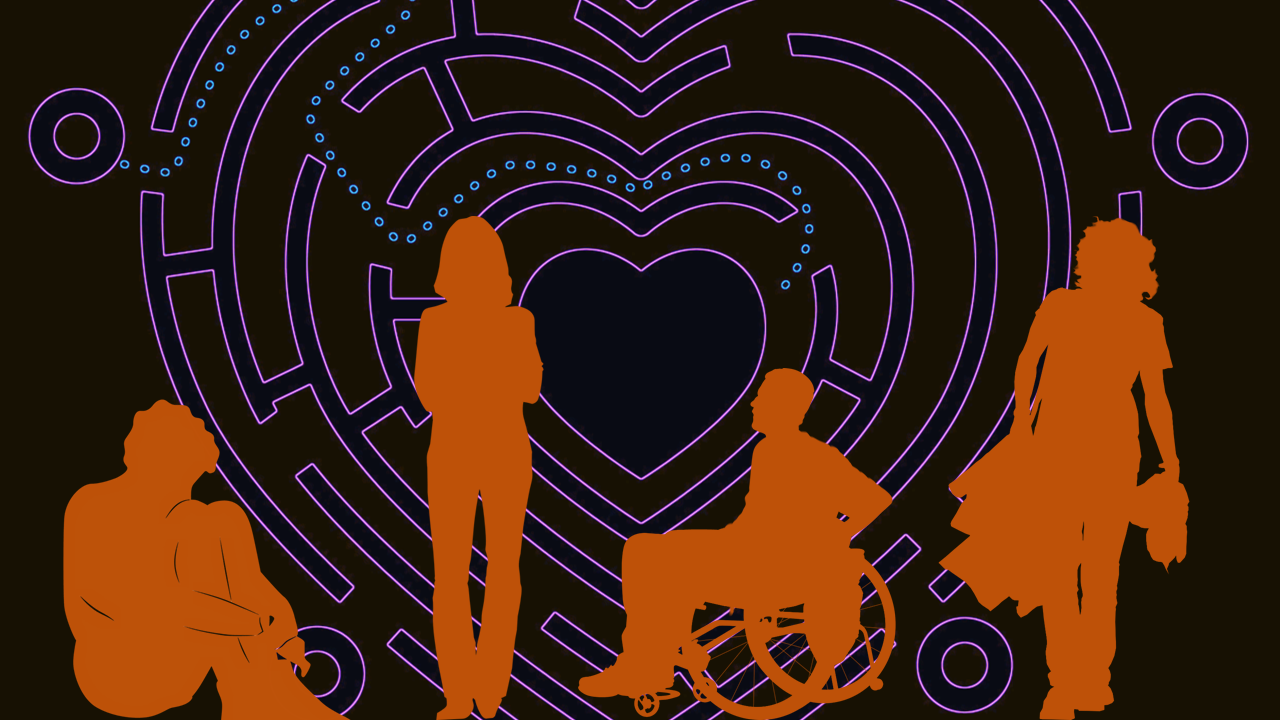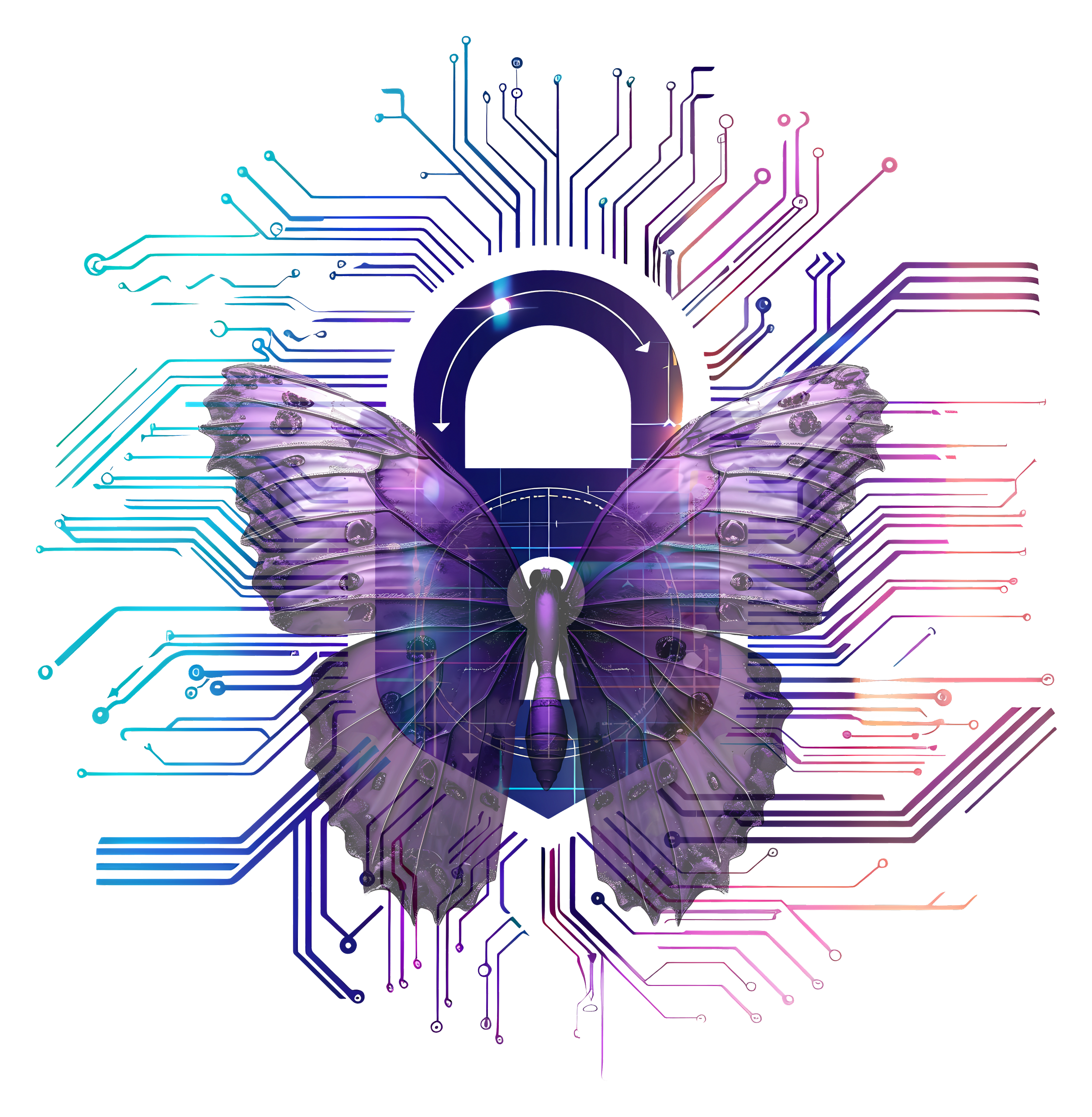Teen Dating Violence Awareness Month at Safety Net: A Month in Review
/February always invites us to pause and reflect closely on young people and their relationships: the joy, vulnerability, and very real risks that can show up in both digital and in-person spaces. At the Safety Net Project at the National Network to End Domestic Violence (NNEDV), Teen Dating Violence Awareness Month (TDVAM) is always a call to equip the trusted adults in young people’s lives with tools that are grounded, practical, and, of course, survivor-centered. But this year, amid a rapidly evolving technological landscape and emerging avenues for abuse, that work has felt all the more urgent.
Technology is not ancillary to teen relationships: it is the ecosystem. And so, throughout TDVAM, our focus was clear: to meet young people where they are, and to support the adults and advocates who show up for them.
Read More



